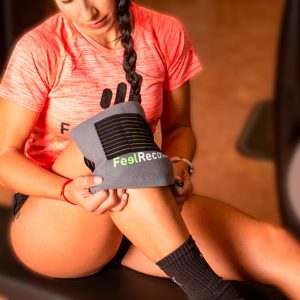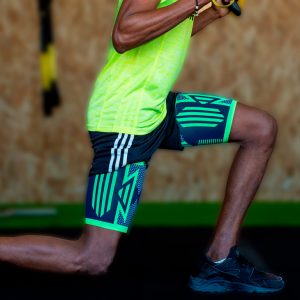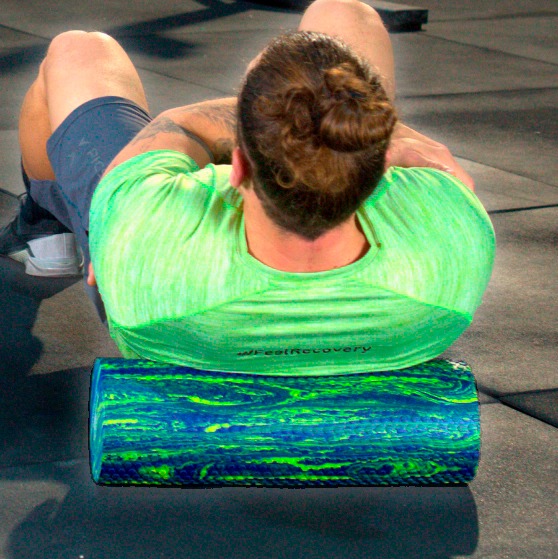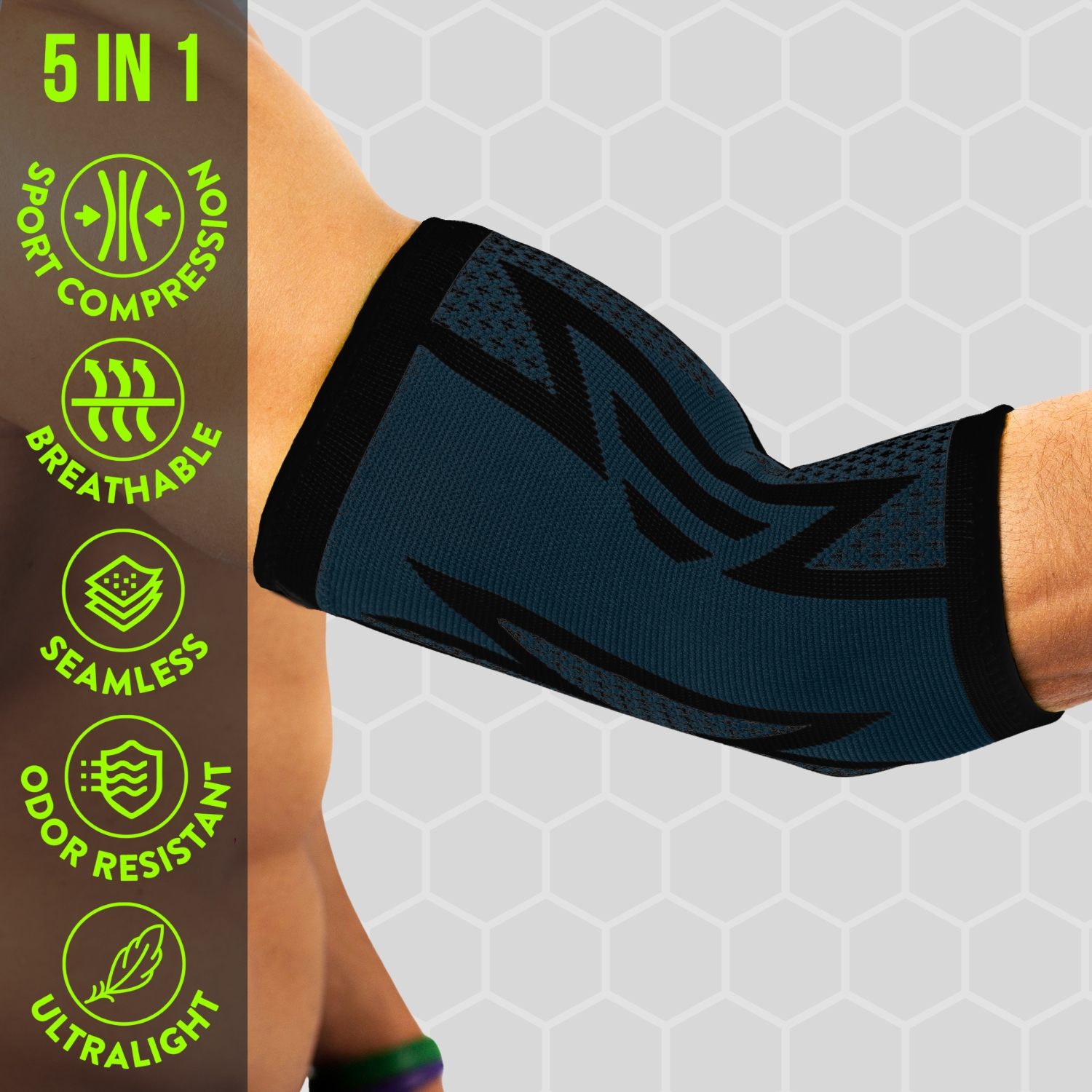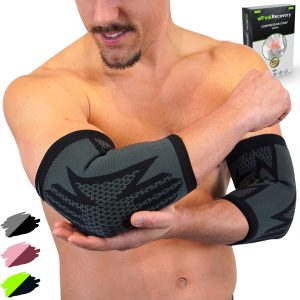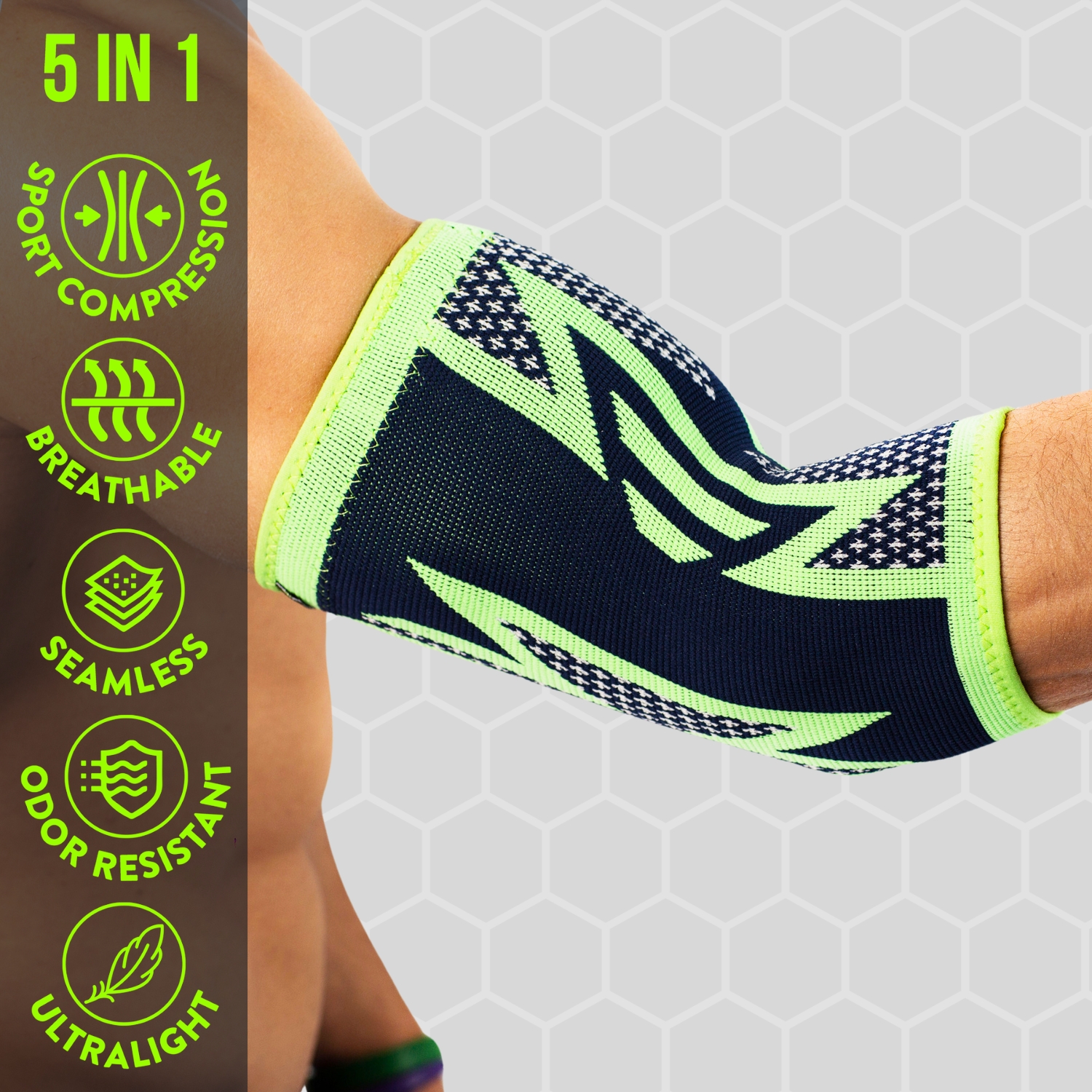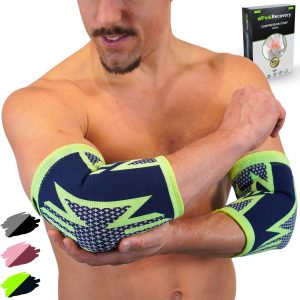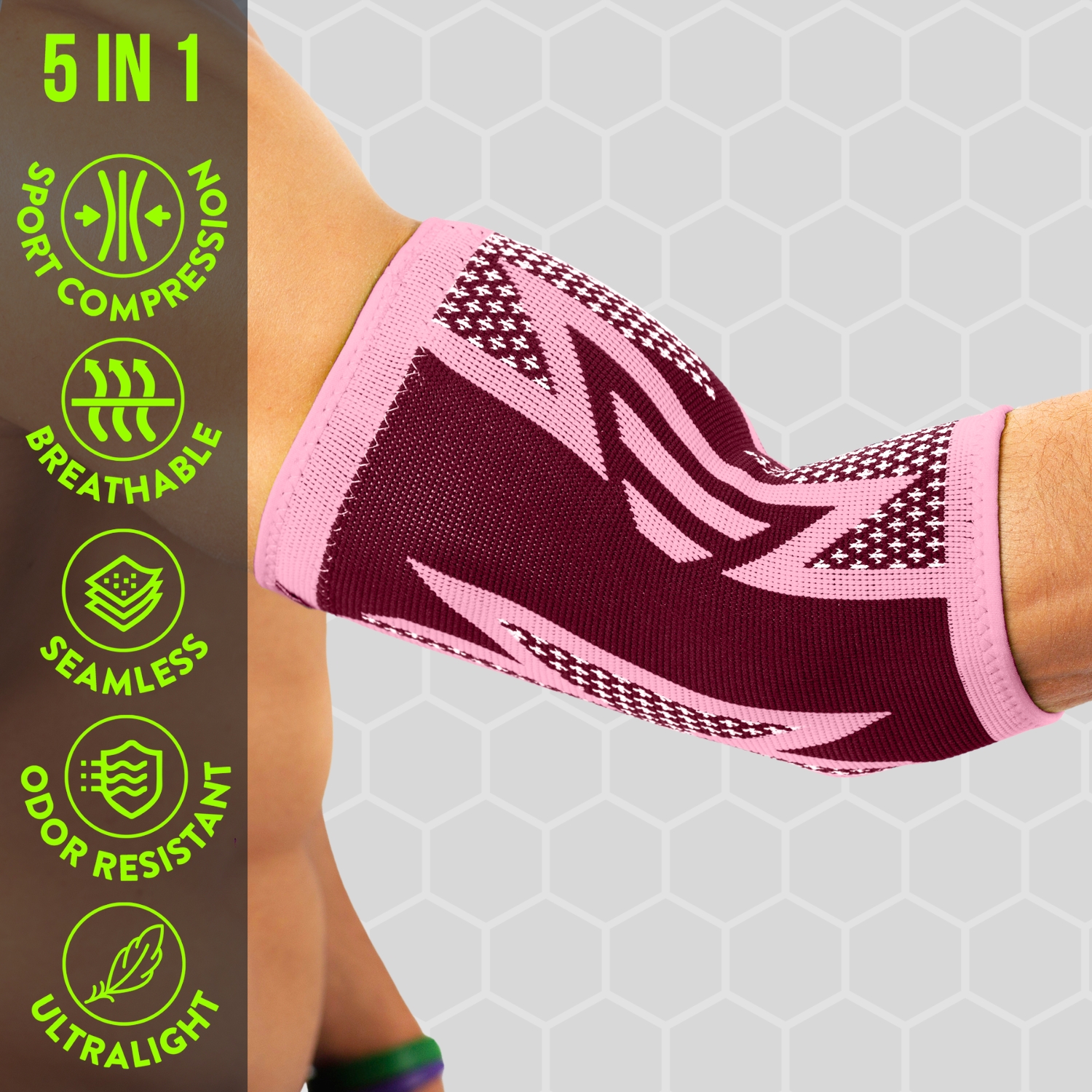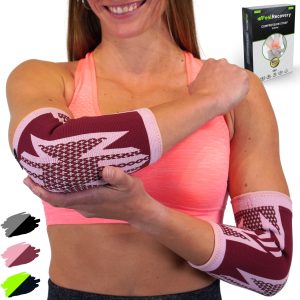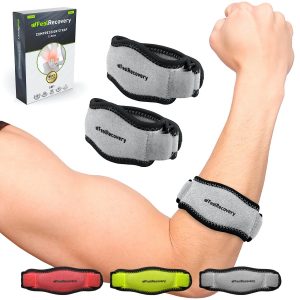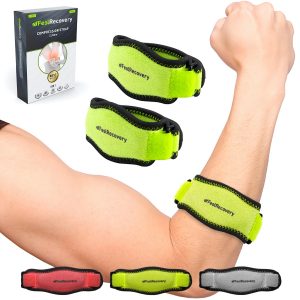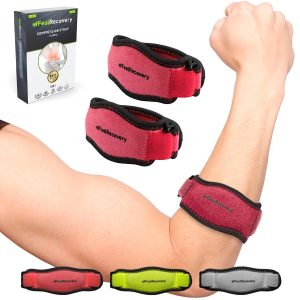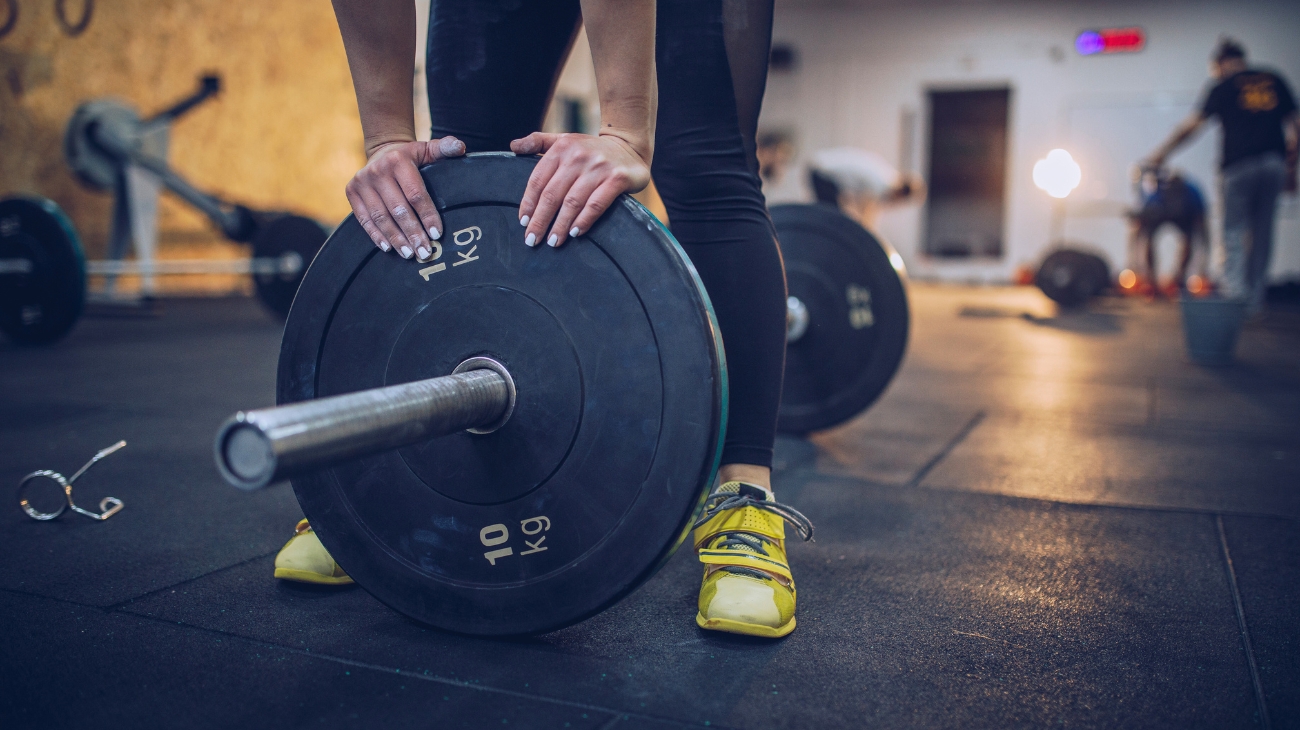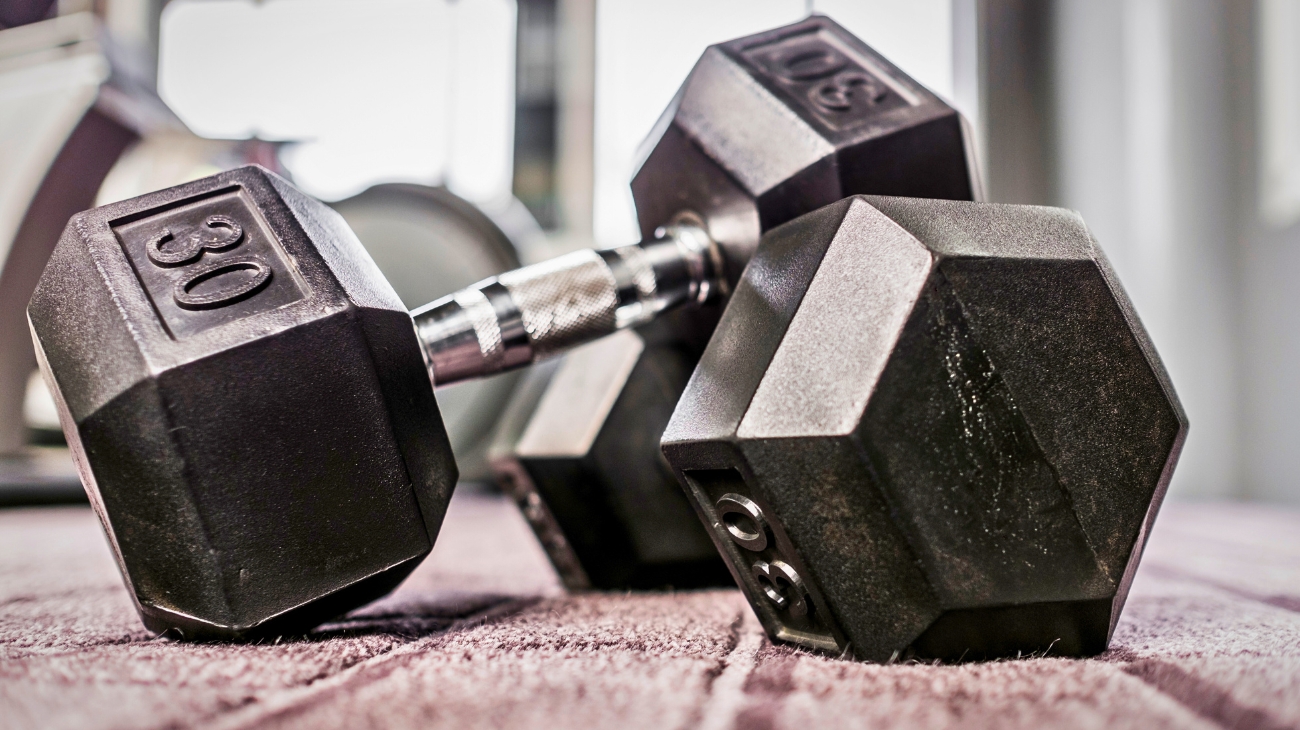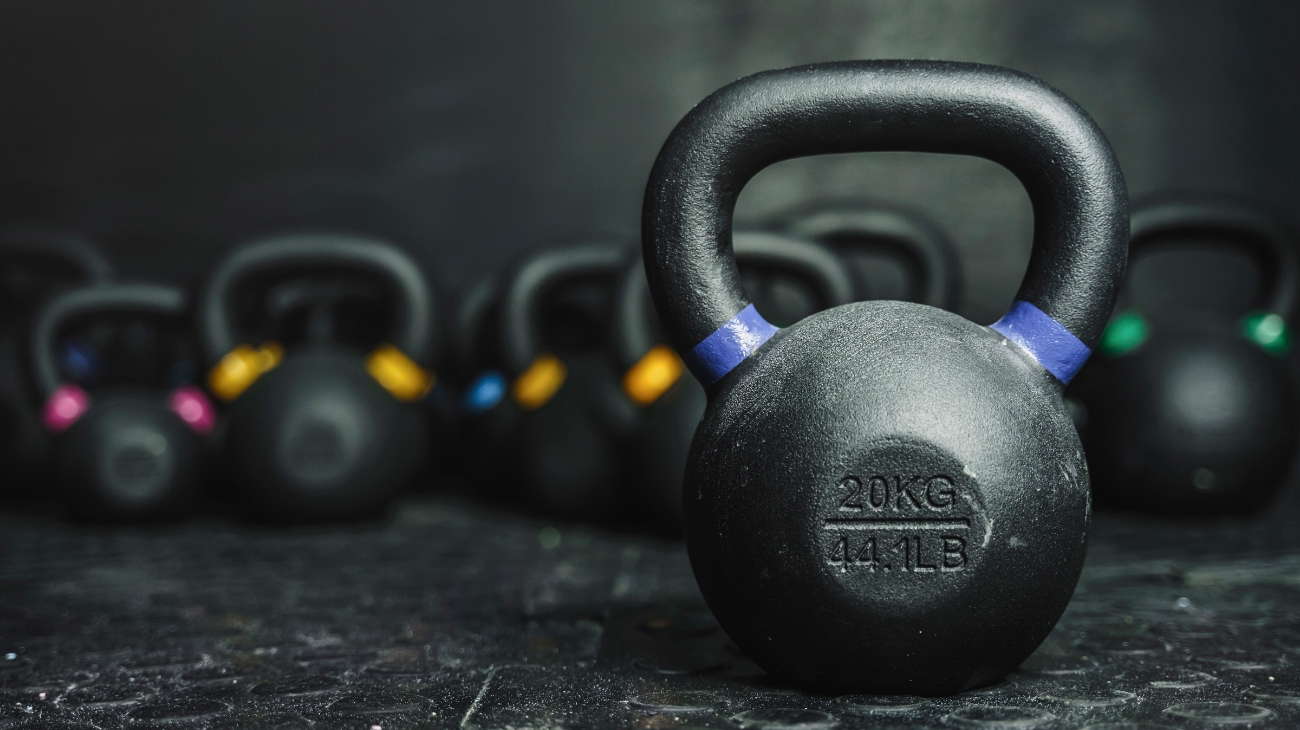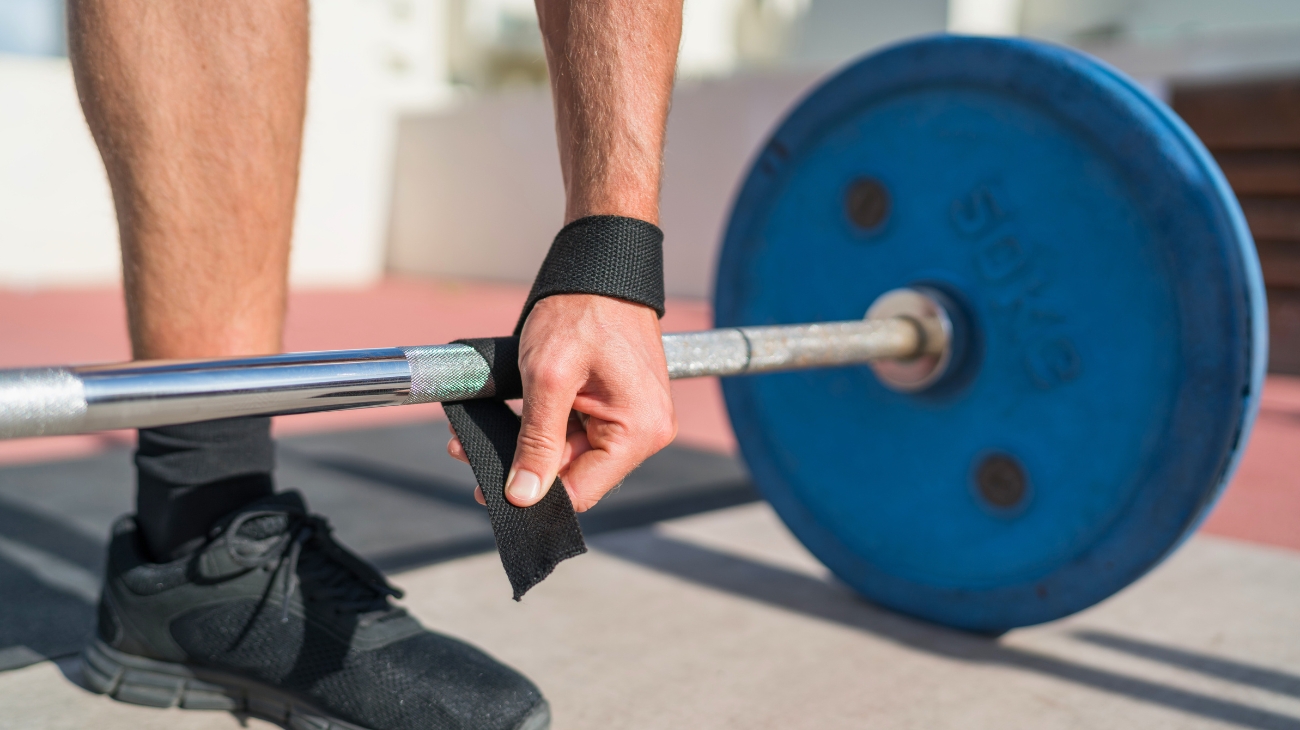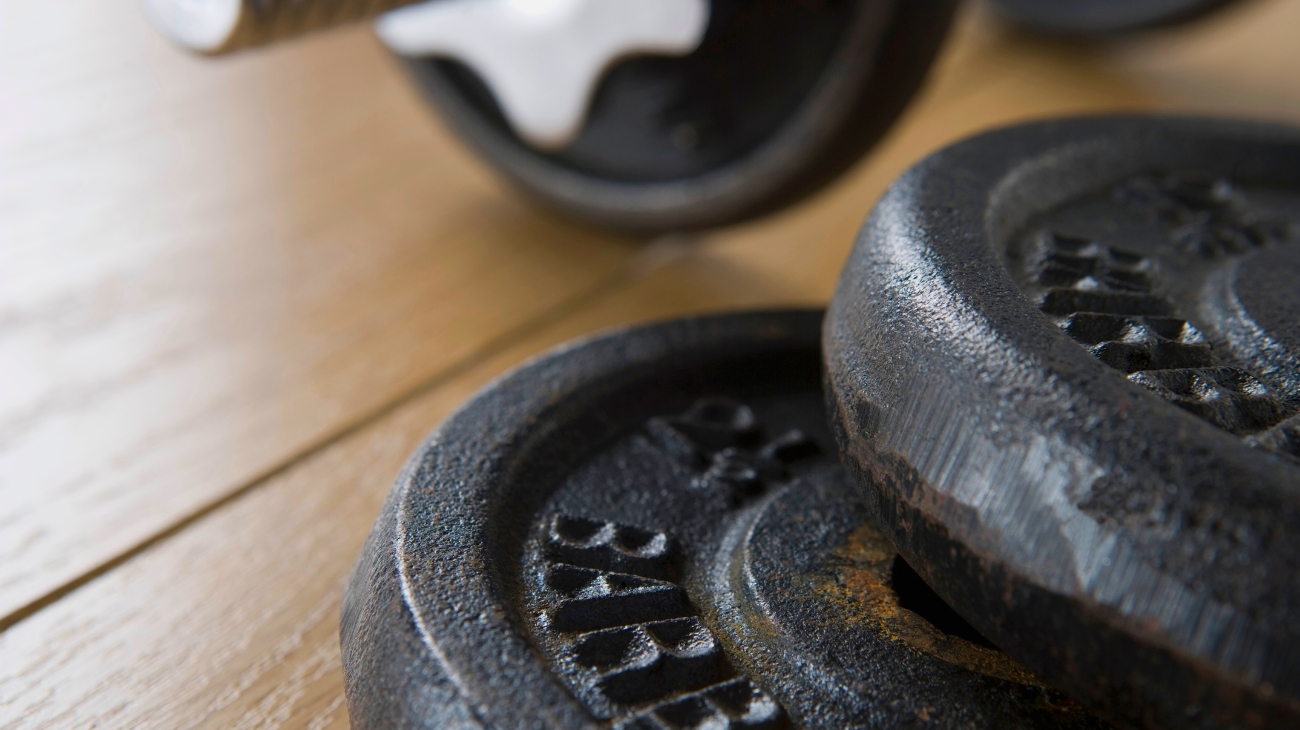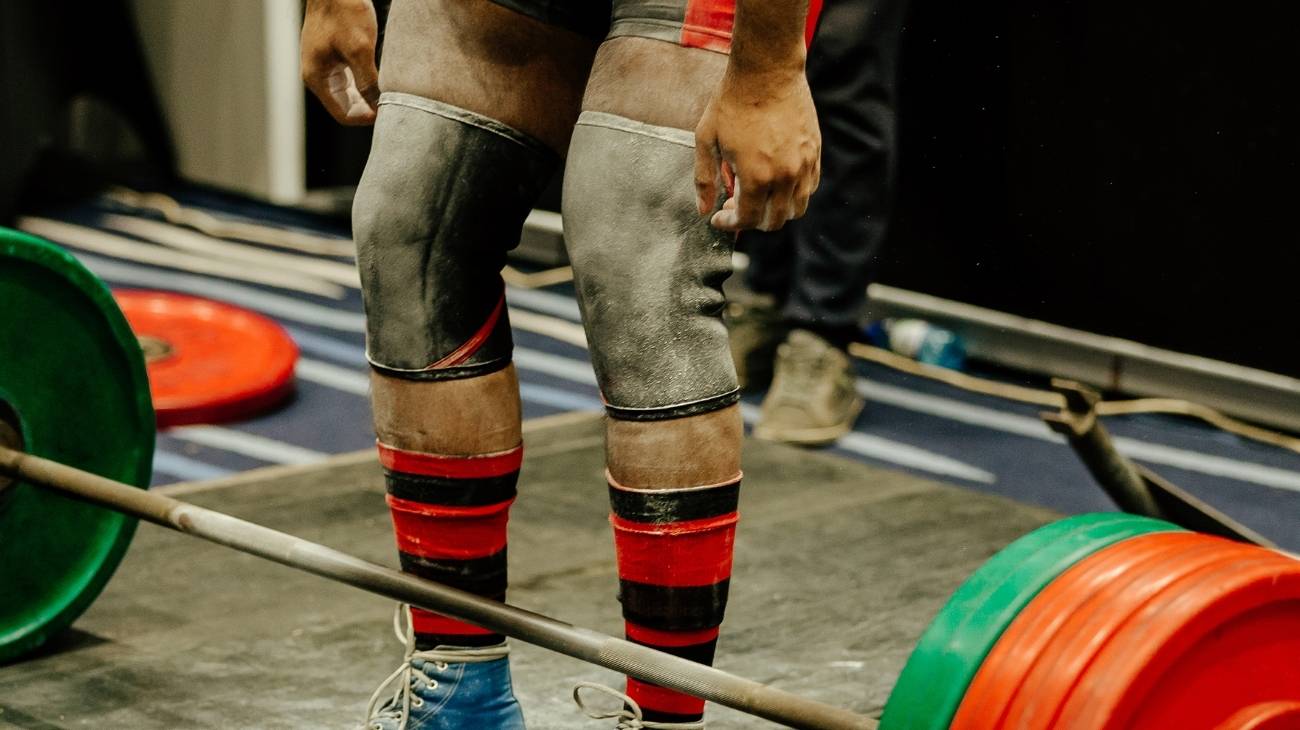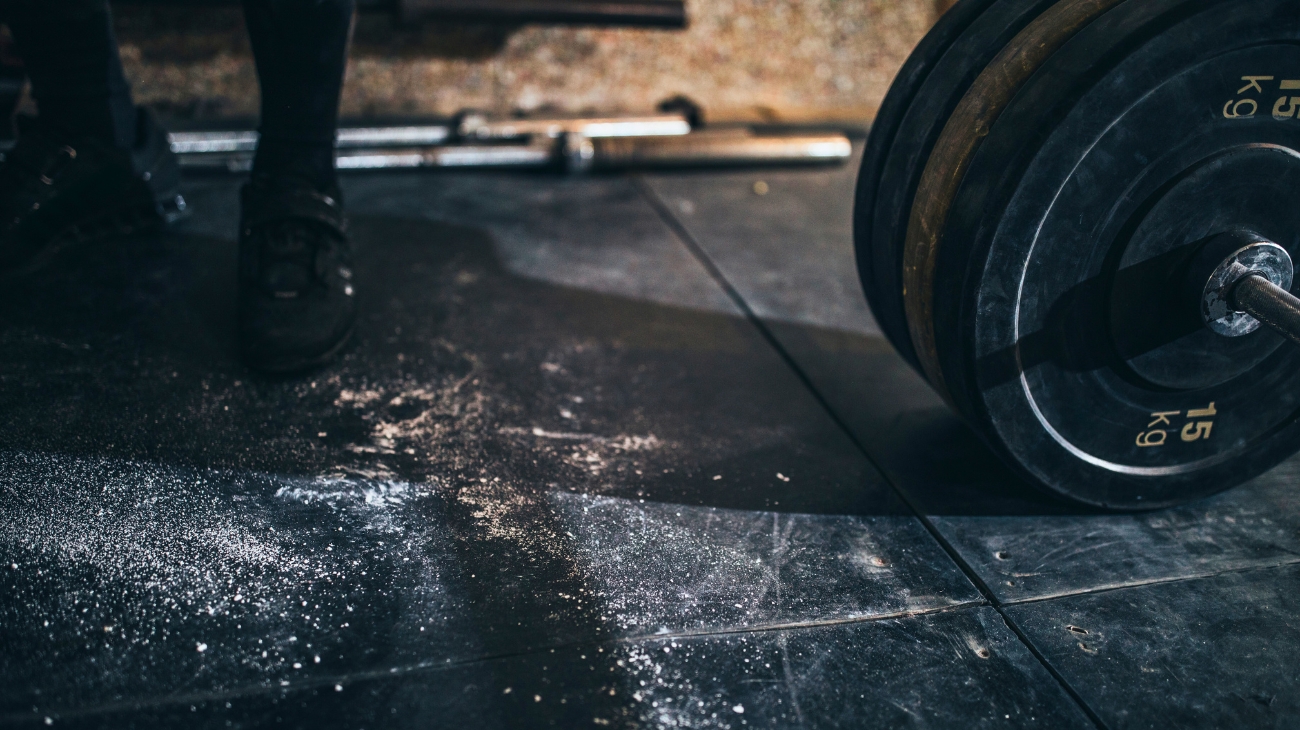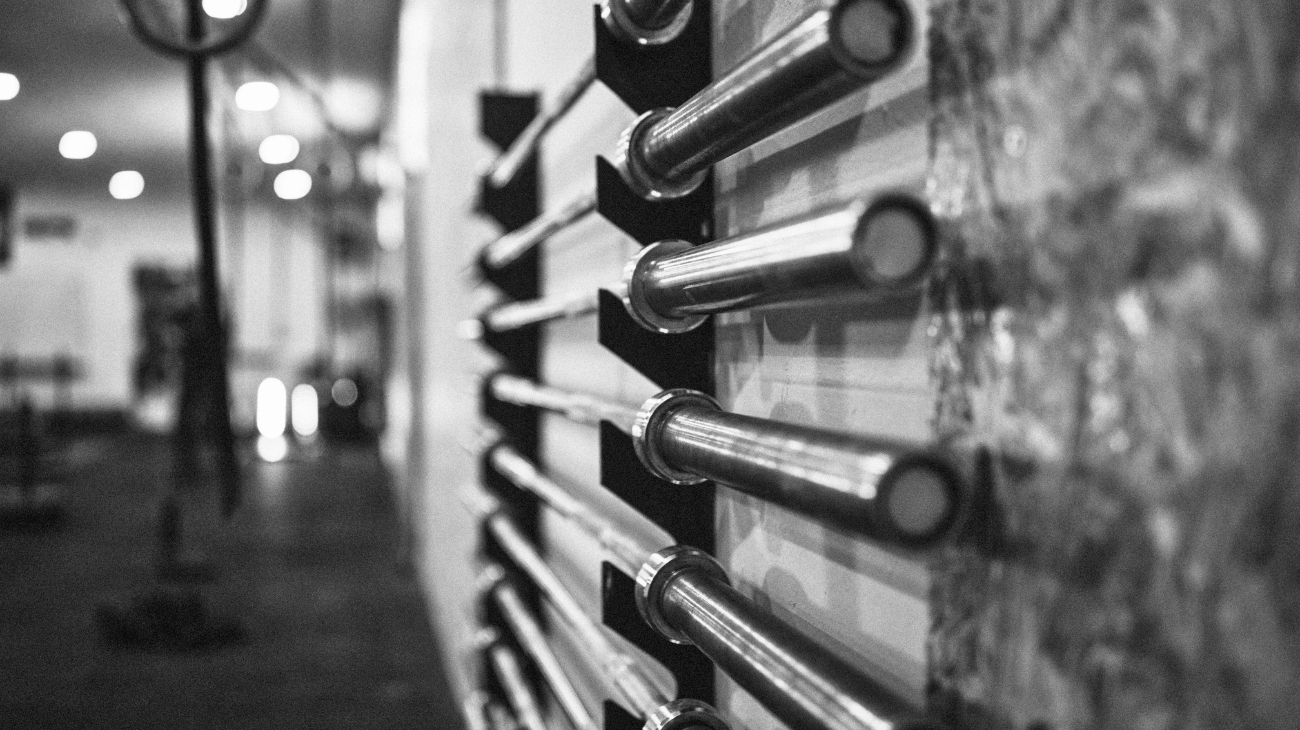Weightlifting can put significant strain on your elbows due to repetitive movements, heavy loads, and improper form. Whether you’re performing bench presses, curls, or overhead lifts, your elbow joint is constantly engaged. This makes weightlifters prone to injuries like tendinitis, tennis elbow (lateral epicondylitis), golfer’s elbow (medial epicondylitis), and elbow sprains. To prevent these issues and maintain your strength-training routine, incorporating elbow braces, supports, and compression sleeves is essential.
Elbow braces provide rigid support, limiting excessive movement and stabilizing the joint during heavy lifts. This stabilization is crucial for lifters recovering from injuries or managing chronic elbow pain. By keeping the joint aligned, elbow braces help prevent hyperextension, reduce strain on ligaments, and minimize the risk of re-injury. They are especially beneficial during high-load exercises like bench presses and clean-and-jerks.
For those dealing with tendinitis or inflammation, compression sleeves offer a flexible solution. These sleeves apply consistent pressure around the elbow, which helps to improve blood circulation, reduce swelling, and alleviate pain. The compression helps manage inflammation while allowing a full range of motion, making them ideal for lifters who need support without restriction. Additionally, compression sleeves are effective in reducing muscle fatigue and accelerating recovery post-workout.
Elbow supports blend the benefits of braces and compression sleeves, providing moderate stabilization and compression. These supports are suitable for weightlifters who experience mild to moderate discomfort during lifting. They help maintain joint warmth and flexibility while offering protection against common issues like golfer's elbow and tennis elbow. The combination of compression and support ensures that your elbows remain pain-free, even during intense sessions.
When selecting the right product, consider the nature of your injury or the type of support you need. For severe pain or instability, a rigid elbow brace is the best option. If you want to prevent injuries and manage inflammation, compression sleeves are perfect for maintaining blood flow and reducing soreness. For ongoing support during workouts, elbow supports offer the best balance between flexibility and stabilization.
Materials play a key role in the effectiveness of elbow braces and sleeves. Look for breathable, durable fabrics like neoprene, nylon, or elastic blends. These materials ensure comfort during long workouts by wicking away moisture and providing a snug, non-slip fit. Adjustable straps or closures allow for a customized fit, ensuring the support stays securely in place regardless of movement intensity.
Using elbow supports effectively also involves proper warm-up exercises and post-lift stretches. Dynamic stretches before lifting, such as wrist curls and elbow flexions, help prepare your muscles and joints for the strain. After your session, static stretches and cold therapy can reduce inflammation and aid in recovery. Pairing these practices with high-quality elbow braces or compression sleeves can significantly enhance performance and reduce injury risk.
By integrating elbow braces, supports, and compression sleeves into your weightlifting routine, you can confidently protect your joints and focus on lifting heavier, safer, and longer. These products are essential for maintaining a healthy and pain-free lifting experience, ensuring that you achieve your strength goals without setbacks.
FAQ: Frequently Asked Questions
How do elbow braces help with weightlifting injuries?
Elbow braces provide stabilization and limit excessive movement, helping to prevent hyperextension and reduce strain on ligaments and tendons during heavy lifts.
When should I use a compression sleeve for weightlifting?
Use a compression sleeve to reduce swelling, improve circulation, and alleviate pain during or after weightlifting sessions, especially if you're managing inflammation or mild discomfort.
How do I choose the right elbow support for my needs?
Choose an elbow brace for severe pain or instability, a compression sleeve for inflammation and soreness, and an elbow support for moderate stabilization and flexibility.
Are elbow braces comfortable to wear during workouts?
Yes, modern elbow braces are designed with breathable materials and adjustable straps for a secure, comfortable fit that stays in place during intense movements.
How should I care for my elbow brace to make it last?
Hand-wash your elbow brace with mild soap and cold water, then air-dry. Avoid heat and harsh detergents to maintain elasticity and durability.


